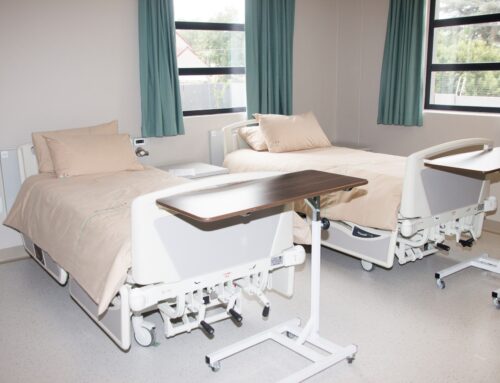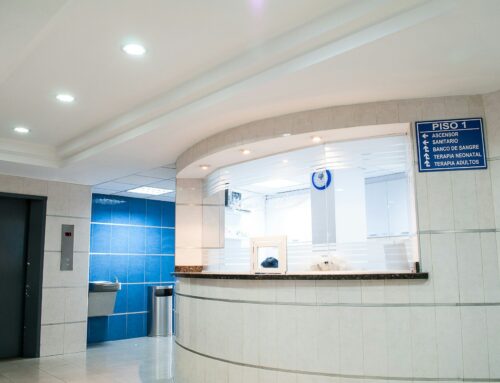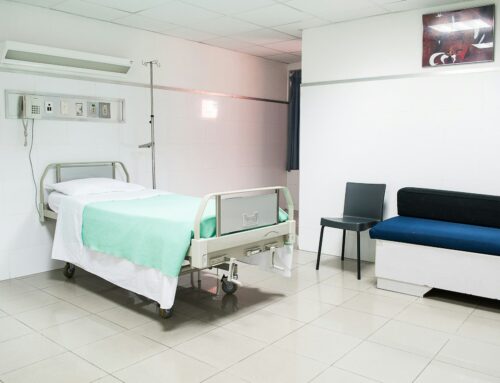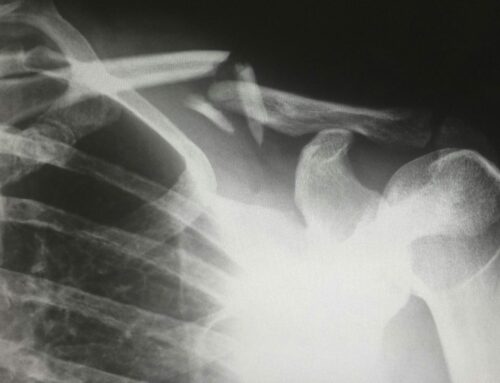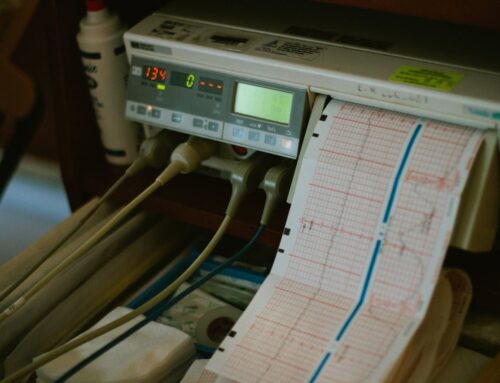Tens of millions of people are diagnosed with cancer each year, and as the second most common cause of death in the world, timely diagnosis is a pivotal factor in effective treatment for a chance of full recovery. This means that delayed diagnosis or treatment can have detrimental, and sometimes fatal, results for the patient.
What is Cancer?
Cancer is a disease in which the body’s cells grow uncontrollably and spread to other parts of the body. Any of the human tissues can develop cancer, meaning there are more than 200 types of cancer identified, classified by where in the body they start. Different forms of cancer require different treatment and vary in severity, however, early diagnosis consistently guarantees the best prognosis.
When can delayed cancer diagnosis be deemed negligent?
Delayed cancer diagnosis, and consequent delayed treatment can be deemed negligent once the duty of care intrinsically owed by doctors to their patient has been breached. It must be determined that this breach resulted in the delayed diagnosis, and as a result, the patient’s life was negatively impacted.
What constitutes a breach?
A doctor may be considered to have acted negligently should their care have fallen below the standard of the average competent practitioner in their field. For example;
- Missing symptoms indicative of a positive cancer diagnosis that would have been further explored by the average doctor.
- Misplacing or misinterpreting test results
- Delayed treatment or further testing without valid reason
Compensation
The compensation awarded for a negligently delayed cancer diagnosis will cover two different types of award – physical and emotional damage, and financial losses. An award for physical and emotional damage will seek to compensate any undue pain or suffering sustained by the victim.
Financial losses are any expenses incurred by the negligence. This can include GP visits, extra or more-invasive treatment needed as a result of the delayed diagnosis, transport, accommodation, and expenses expected to be incurred in the future such as continued appointments. This can also compensate any wages lost as a result of the injury, for example, if pain or treatment has prevented the victim from working.
How long do I have to take a claim?
Medical negligence claims must be pursued within two-years of the injury being sustained, or within two years of the victim becoming aware of the proposed negligence.
Contact Us
If you believe that you have suffered as a result of delayed cancer diagnosis caused by negligent medical care, contact our experienced solicitors today on 0749175989 or using our online request form.
*In contentious business a Solicitor may not calculate fees or other charges as a percentage or proportion of any award or settlement.
**This information is for guidance purposes only. It does not constitute legal or professional advice. Professional or legal advice should be obtained before taking or refraining from any action as a result of the contents of this publication. No liability is accepted by McElhinney & Associates for any action taken in reliance on the information contained herein. Any and all information is subject to change.

